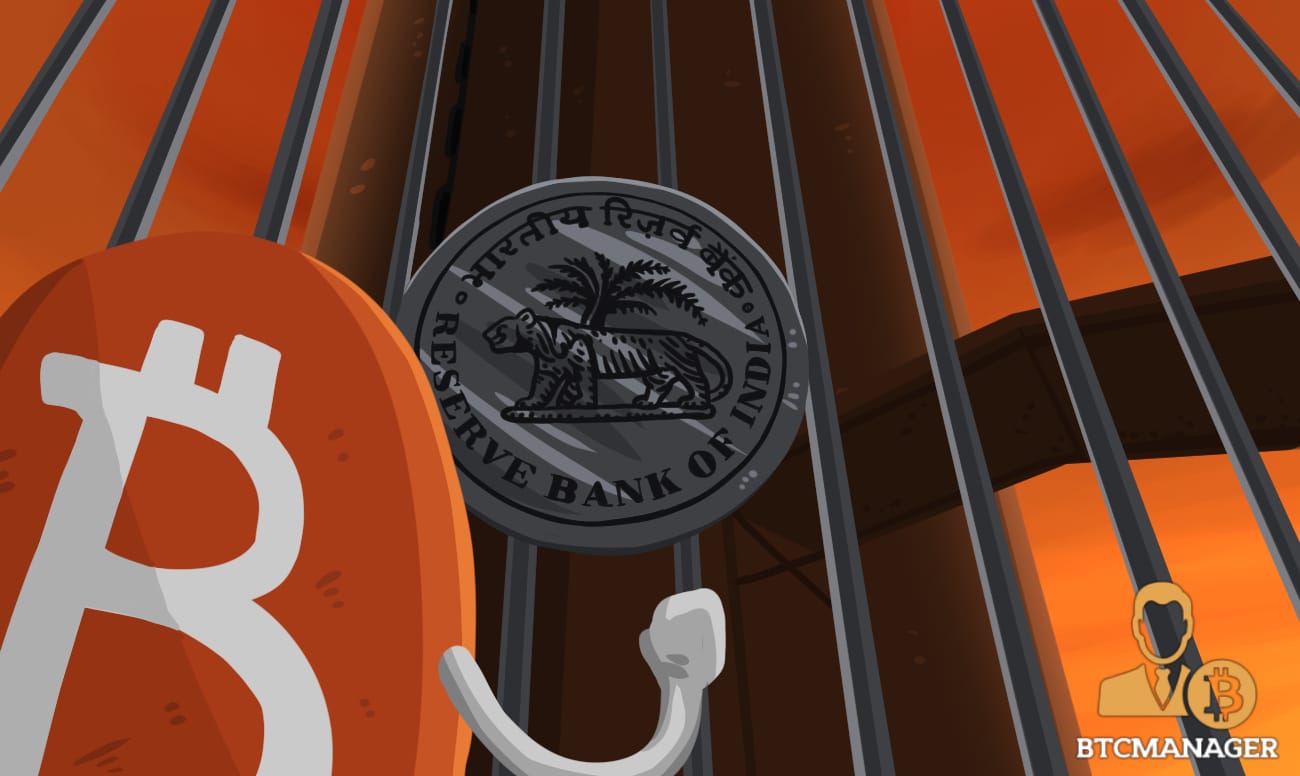Reserve Bank of India vs Cryptocurrency: Showdown for the Banking Ban

The Indian Supreme Court has held the initial hearing for the court case between the RBI and the Internet and Mobile Association of India (IAMAI), a not for profit body to enhance online services. The IAMAI appointed Mr. Ashim Sood as their counsel, representing the interests of cryptocurrency companies in the country. Proceedings were curated in the form of a tweetstorm by Crypto Kanoon, August 14, 2019.
Initial Details
Immediately upon initiating the hearing, the judge questioned the counsel of IAMAI, asking him why exchanges and crypto firms couldn’t just use banks outside the RBI’s jurisdiction. His reply to this was on the lines of how the only banks outside their jurisdiction are foreign banks, making outward remittances troublesome under the Foreign Exchange Management Act (FEMA).
The judge sided with the RBI initially, asking these companies to file a request and take necessary permissions to overcome the obstacles set by FEMA and utilize foreign banks.
Mr. Sood argued that as per the Banking Regulations Act, the RBI has stepped out of its circle of power and the banking ban enforced in April 2018 is in fact illegal. He further augmented this by using the RBI’s own words against them. In their reply, the RBI stated they do not have the power to ban cryptocurrencies as they are neither coins nor currency by law.
Banning something must come as a result of an act in legislation, it isn’t something that can be instituted at will. The counsel argued that the classification is being misconstrued and offered clarity through the FCA’s report on crypto-assets.
The judge, continuing to favor the central bank, asked the counselor several questions, including the implementation of section 45 J of the Banking Regulation Act. On further investigation, it was noted that this section only applies to Non-Banking Financial Companies (NBFCs), and not to banks.
Setting the Stage for Round Two
Towards the end, Mr. Sood educated the judges on crypto assets through vocal explanations and several illustrations. He spoke of how no country is trying to implement a ban and submitted documents regarding global regulation in the U.K, U.S., Japan, and Europe.
The very fact that no country sees the detriments outweigh the benefits is a testament to the potential cryptocurrency holds and global recognition of this fact.
The IAMAI’s counsel conceded that it cannot be denied that there are negative effects that stem from cryptocurrency, but this precisely why the need regulation and not a ban.















